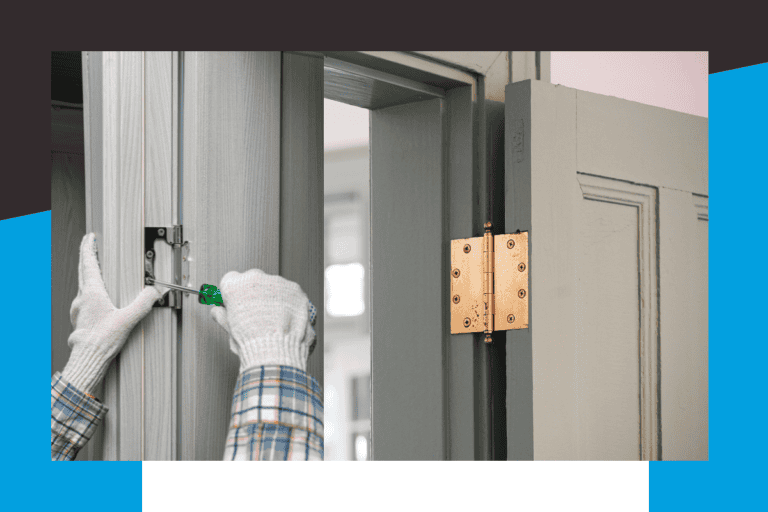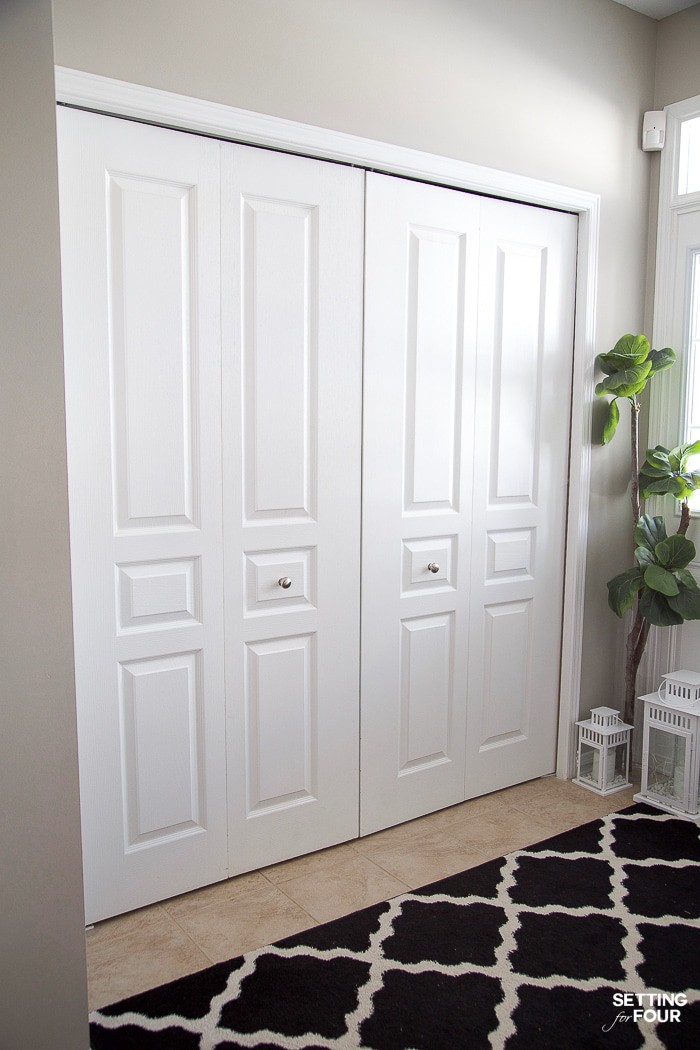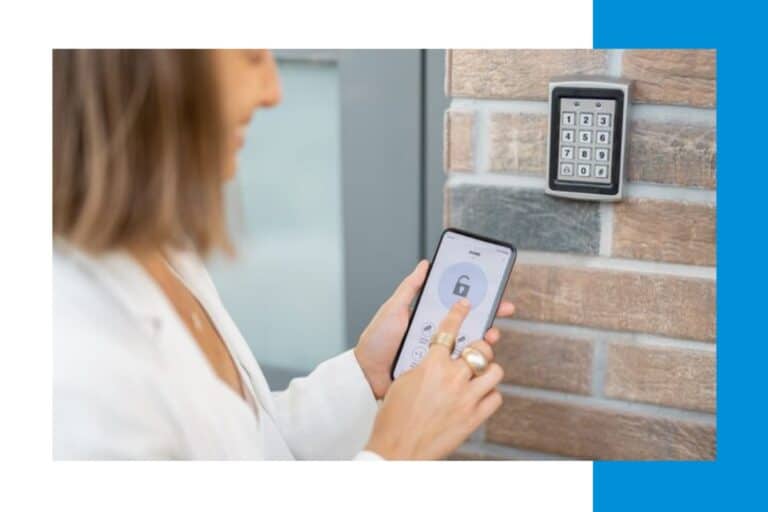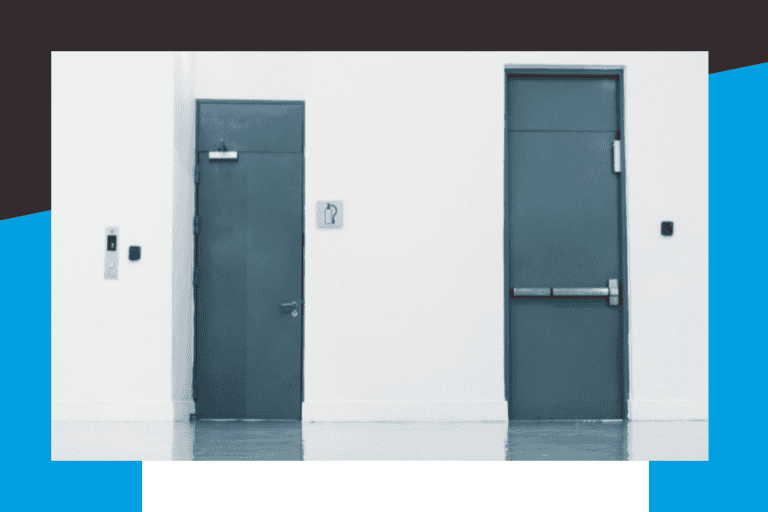Imagine this: You’re rushing out the door, juggling coffee and car keys, and halfway to work, it hits you. Did I lock the door?
In the past, you’d spend the rest of your day worrying or worse, drive all the way back home to check. But now, thanks to smart locks, a quick tap on your smartphone app can secure your home from miles away.
Convenience? Yes! But here’s the real question:
Can installing a smart lock do more than give you peace of mind? Could smart locks home insurance will actually lower your home insurance premiums?
This blog dives into how smart locks fit into the world of home security systems and their potential to impact your insurance coverage. From boosting safety to possibly saving you money, we’ll unpack everything you need to know about this modern solution to home security.
What Are Smart Door Locks and Why Are They Popular?
A smart lock is more than just a fancy upgrade to your home. It’s a modern device that combines electronic mechanisms and keyless entry features to simplify and secure your daily life. Unlike traditional locks, eliminate the need for physical keys, offering convenience and enhanced security.
Key Features of Smart Locks
- Remote Access: Lock or unlock your door from anywhere using a smartphone app.
- Activity Logs: Keep track of who enters and exits your home, perfect for monitoring family members or guests.
- Tamper Alerts: Receive notifications if someone attempts a forced entry.
- Integration with Smart Devices: Pair with smart security cameras, motion sensors, or smart smoke detectors to build a comprehensive home security system.

These features make smart locks a favorite among homeowners who value both security and convenience.
Why Are Smart Locks a Growing Trend?
The appeal of smart locks goes beyond their high-tech features. They cater to the rising demand for smart home devices that simplify daily routines while enhancing home security.
With the ability to provide security features like tamper-proof locks and access monitoring, smart locks offer peace of mind that appeals to both tech enthusiasts and safety-conscious homeowners.
But the big question remains: Can installing a smart lock influence your insurance coverage or even lower your insurance premiums?
How Smart Locks Improve Home Security
When it comes to home security, smart locks offer more than just convenience. They serve as a critical component of modern home security systems, helping homeowners stay one step ahead of potential threats.
Here’s how smart locks strengthen your home’s defense:
1. Tamper Alerts
Unlike traditional locks, smart locks can detect suspicious activity. If someone tries a forced entry or tampers with the lock, you’ll get an immediate alert on your smartphone app.
2. Remote Monitoring
Forgot to lock the door? No problem. With remote access, you can secure your home from anywhere. This feature also allows you to check the lock status in real time—no more second-guessing or worrying.
3. Access Control
Smart locks give you full control over who enters your home. You can share temporary access codes with family members, visitors, or even service providers. Plus, activity logs let you see exactly when and who unlocked the door.
4. Integration with Smart Home Technology
Smart locks work seamlessly with other smart devices, such as smart security cameras and motion sensors, creating a layered security approach. This integration provides complete home surveillance, giving you and your insurance provider extra peace of mind.
Why Insurers Value Enhanced Security
Insurance companies calculate home insurance premiums based on risk. A home with advanced security features—like smart locks—is less likely to experience theft or property damage.
By reducing the likelihood of a claim, smart locks could potentially influence your insurance policy and even lead to discounts with certain insurance providers.
The Insurer’s Perspective: Do Smart Locks Affect Home Insurance?
Insurance companies are all about assessing risk. The safer your home is, the lower the likelihood of claims for theft or property damage. So, where do smart locks fit into this equation? Let’s unpack it.
1. How Insurers Evaluate Home Security
When calculating home insurance premiums, insurers look at the overall security of your property. Key factors include:
- The presence of a home security system.
- The use of advanced security features like smart locks, smart smoke detectors, and smart security cameras.
- Protection against forced entry and other vulnerabilities.
Installing a smart lock demonstrates to insurance providers that you’re taking steps to reduce risks, which may positively impact your insurance policy.
2. Do Smart Locks Guarantee Lower Insurance Rates?
Here’s the catch: Not all insurance companies offer discounts specifically for smart locks. Some may see them as part of a larger home security system, which could qualify for savings.
For example:
- Certain insurers may offer discounts if your smart lock integrates with other smart home devices like cameras or alarms.
- Others may not provide a direct discount but recognize enhanced security as a factor when determining your insurance coverage.
It’s important to ask your insurance agent or insurance provider about their practices. Be specific—mention the type of smart lock you’ve installed and how it integrates with your overall security setup.
3. The Variability Among Insurance Companies
There’s no universal policy regarding smart locks and insurance coverage. While some companies embrace the trend, others are more conservative. Factors influencing their decisions include:
- The brand and reliability of the smart lock (e.g., tedee smart locks or others with strong security standards).
- The level of security provided by the device (e.g., does it prevent tampering or hacking?).
- The lock’s integration with other smart devices in the home.
Pro Tip: Before installing a smart lock, check with your insurance provider. Ask questions like:
- “Do smart locks affect my home insurance policy or premiums?”
- “Are there any specific requirements for discounts related to home security systems?”
Cybersecurity Risks of Smart Locks: Are They Truly Secure?
While smart locks offer advanced security features, they’re not without their challenges. One major concern for homeowners and insurance companies alike is cybersecurity. A smart lock is, after all, a connected device, and like all smart home devices, it’s vulnerable to hacking if not properly secured.
1. Common Cybersecurity Concerns
- Hacking Risks: Poorly secured smart locks or outdated firmware can become targets for hackers, potentially compromising your home’s safety.
- Network Vulnerabilities: A weak or unsecured Wi-Fi network can expose your entire home security system, including your smart lock.
- Device Tampering: Some smart locks may be susceptible to physical tampering or attempts to bypass the electronic mechanisms.
2. How to Secure Your Smart Lock
You can reduce these risks by following a few key steps:
- Strong Passwords: Set unique, complex passwords for your smart lock and Wi-Fi network. Avoid default passwords at all costs.
- Regular Updates: Keep the lock’s firmware updated to ensure it has the latest security patches.
- Two-Factor Authentication: Use two-factor authentication if supported by your smartphone app or lock system.
- Secure Your Network: Use encryption protocols like WPA3 for your home Wi-Fi.
- Reputable Brands: Invest in smart locks from trusted companies that adhere to strong security standards and attested cylinders.
3. What Insurance Providers Think About Cyber Risks
Insurance companies recognize the value of smart locks, but they’re also aware of the risks posed by cybersecurity vulnerabilities. While insurance providers won’t penalize you for these risks, they may require proof that your system meets industry-standard security features before offering discounts.
By taking proactive steps to secure your lock, you can ease any concerns your insurance agent might have and maximize the benefits of a smart lock on your home insurance coverage.
Pro Tip: Check if your insurance policy covers damages caused by cyber-related breaches, especially if you rely heavily on smart home devices like smart locks and security cameras.
Maximizing Insurance Benefits with Smart Locks
If you’ve decided to install a smart lock, you’re already taking a proactive step toward enhancing your home security. But how can you maximize its impact on your insurance coverage and possibly lower your insurance premiums? Let’s break it down.
1. Consult Your Insurance Provider
Before installing a smart lock, reach out to your insurance provider to ask:
- “Do you offer discounts for smart locks or home security systems?”
- “Are there specific brands or models you recommend, such as tedee smart locks or other devices meeting industry security standards?”
This conversation ensures you’re making an informed investment and helps you understand your insurance company’s requirements for potential discounts.
2. Invest in a Comprehensive Home Security System
While a smart lock is an excellent starting point, its impact increases when paired with other smart home devices. Consider adding:
- Smart security cameras for video surveillance.
- Smart smoke detectors to address fire hazards.
- Motion sensors to detect unusual activity.
Insurance providers are more likely to recognize a fully integrated home security system when offering discounts.
3. Keep Documentation Ready
Once your smart lock is installed, document everything:
- Save your receipt as proof of purchase.
- Take photos of the installation.
- Maintain a record of any professional installation services.
Providing this information to your insurance agent makes it easier to qualify for discounts or adjustments to your insurance policy.
4. Choose Reliable Brands and Features
Not all smart locks are created equal. For maximum security and potential savings, look for locks with:
- Multi-point locking systems or lock cylinders designed to prevent tampering.
- Features like tamper alerts and activity logs.
- Compatibility with other smart home devices.
Your insurance provider is more likely to value locks that meet high security standards and reduce the risk of forced entry or other vulnerabilities.
5. Maintain and Update Regularly
To ensure your smart lock secure status:
- Regularly update the lock’s firmware to stay ahead of potential cyber threats.
- Perform routine maintenance to keep both the electronic mechanisms and physical components in top shape.
This proactive approach not only boosts security but also demonstrates responsibility to your insurance company.
Pro Tip:
Even if your insurance provider doesn’t immediately adjust your rates for a smart lock, having a secure home could still indirectly save you money by preventing costly theft or property damage claims.
The Future of Insurance and Smart Home Technology
As smart home technology continues to advance, it’s reshaping the way insurance companies assess risk and design policies. Devices like smart locks, smart security cameras, and smart smoke detectors enhance home security and reduce risks, potentially leading to lower home insurance premiums.
Insurers are beginning to embrace data-driven models, using information from smart devices to create personalized policies and reward safer behaviors. However, challenges like cybersecurity risks and privacy concerns remain key hurdles.
The future promises deeper collaboration between smart tech companies and insurers, with tailored coverage options and innovative partnerships becoming the norm. For homeowners, investing in smart devices is not just about convenience—it’s about building a safer, smarter, and potentially more cost-effective future.
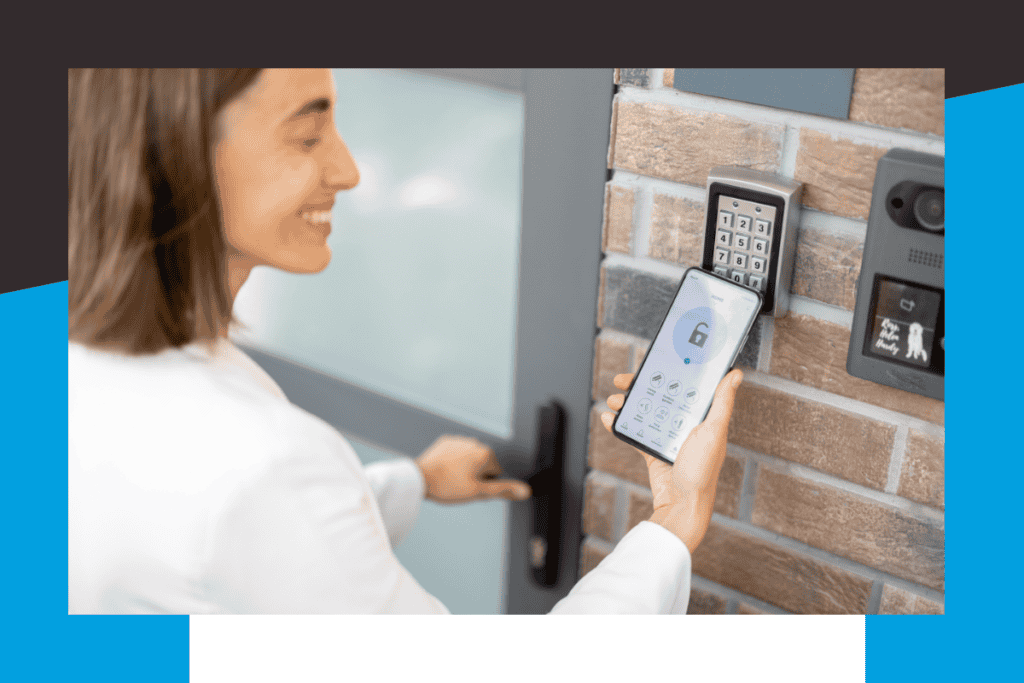
Conclusion
Smart locks aren’t just about convenience—they’re a powerful tool for improving home security and potentially impacting your home insurance coverage. By reducing risks like forced entry and enhancing your overall home security system, these devices offer peace of mind for homeowners and a compelling case for insurance companies to consider discounts.
Takeaways:
- Enhanced Security: Smart locks offer advanced security features, such as tamper alerts, remote access, and activity logs, which can deter theft and improve home safety.
- Insurance Impacts: While not all insurance providers directly offer discounts for smart locks, integrating them with other smart home devices like security cameras or smart smoke detectors can strengthen your case.
- Proactive Measures: Consulting your insurance agent, choosing reliable brands, and keeping your system updated can maximize your chances of reducing insurance premiums.
Are you ready to upgrade your home security and explore the benefits of smart locks? Start by reaching out to your insurance provider to understand how installing a smart lock could enhance your insurance policy. Whether you’re protecting your property or saving on insurance rates, a smart lock could be the key to unlocking both.

